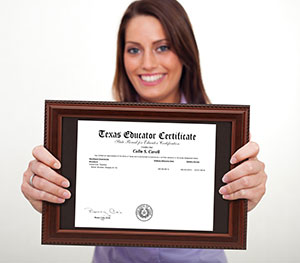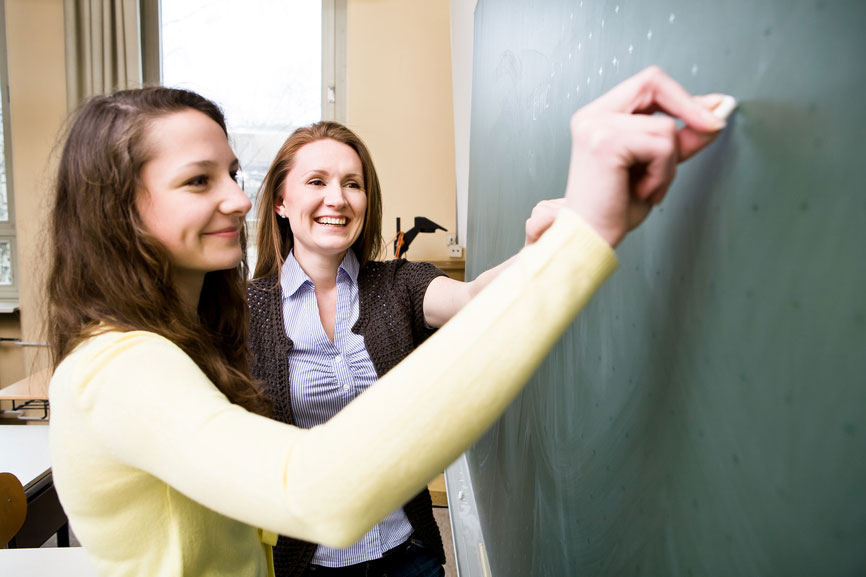Special Education Teacher
Special education teachers spend their days providing assistance to students who most their help. These teachers not only educate students; they make education possible for children and youth who may not otherwise be able to learn.
The field is challenging but rewarding, and talented special education teachers are always in demand. Individuals who dedicate themselves to this career will enjoy job security in most any state.
Nature of Work
Special education teachers’ students have special needs, including learning disabilities, mental health disorders, physical or developmental impairments or giftedness.
Students are classified under one special needs category, and special education teachers are trained to work with specific groups.
An essential part of a special education teacher’s job is early and correct identification of children with special needs. Studies have repeatedly shown that, the earlier a disability is detected, the better chance students have to develop mentally and emotionally.
A small number of special education teachers work with students with serious conditions like mental retardation or autism, but the majority work with children with mild to moderate disabilities and adapt schools’ mainstream curriculum to meet children’s needs.
Special education teachers use a variety of methods to help students learn. Teaching methods include individualized or group instruction and problem-solving assignments to help students develop skills. When special needs students need accommodations to take a test, special education teachers arrange modifications, including having questions read orally or lengthening time given to take a test.
In addition to helping students academically, special educations also assist students in their behavioral and social development. They help students feel comfortable in social situations and educate them about appropriate forms of behavior. Special education teachers working at the high school level also focus on preparing students for life after graduation. Teachers may assist students with choosing a career or developing general life skills like following a budget.
In addition to working with students, special education teachers interact with many other professionals. They work with general education teachers to adapt standard curriculum to accommodate students with disabilities. They also work with parents, social workers, school psychologists, occupational and physical therapists, school administrators and other individuals who have an impact on students’ academic, physical and social development.
Like most professions, special education is increasingly benefiting from advances in technology. Teachers may use computers with synthesized speech, interactive educational software programs, and other devices to assist children.
Increasing Need for Special Education Teachers
The number of students needing special education services has grown steadily in recent years. Advances in early identification disabilities have caused more students to be enrolled in special education programs at early ages. Advances in medicine have allowed more children to survive serious accidents or illnesses, leaving them, however, with the need for special services.
The quantity of students qualified for special education and the increasing pressure on schools to meet performance standards have created increasing demands for special education teachers. Individuals prepared to work in this field should have no problem finding and keeping a job.
Requirements for Special Education Teachers
To work as a special education teacher in the state of Texas, applicants must have a Bachelor's degree with a minimum GPA of 2.5 24 semester hours including at least six hours of English and three ours of mathematics, natural science and social studies.
Additionally, special education teacher must have a teaching certificate provided through an education degree or an alternative certification program.
The Web-Centric Alternative Certification Program (WCACP) allows individuals to obtain teaching certification from the comfort of their own home. The courses, video conferences and chats are 100 percent online, so students can work at their own pace.
Individuals interested in becoming a Special Education Teacher will benefit from the EC-12 Special Education content area, a certification that equips students to teach English resource, math resource, science resource, social studies resource, content mastery, inclusion or life skills at early childhood though high school levels.











